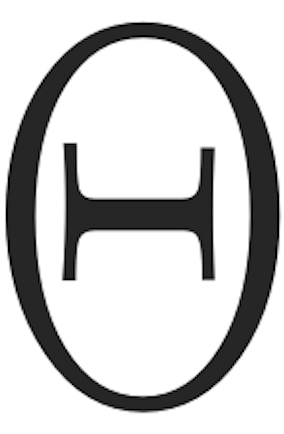You may notice I tend to use the formal Greek θέλημα for Crowley’s 9=2 Utterance. Part of the reason for this is to jar a bit against the conventional ideas, some from Crowley and some from his interpreters, about “Thelema.” In particular, I think it is worth taking a look at what the natural languageContinue reading “θέλημα as Aeonic Utterance”
Tag Archives: Aeon of Horus
The Beast and the Book
Aleister Crowley’s family had been members of the Plymouth Brethren, a community of worshipers whose Christian doctrine derived from the world of John Nelson Darby (1800 CE– 1882 CE). Like many 19th Century Christians, notably the American Baptist William Miller (1782 CE – 1849 CE), Darby felt that the time of Great Revelation was atContinue reading “The Beast and the Book”
Aeon
The English “Aeon” derives from the Greek word αἰών (aiṓn). Aἰών is a masculine word in the third declination with a few meanings. Aἰών early on meant simply “lifetime” or “the length of life of a man.” In time it took on the meaning of “generation” or what Anthropologists would call an “Age Grade.” ThoseContinue reading “Aeon”
